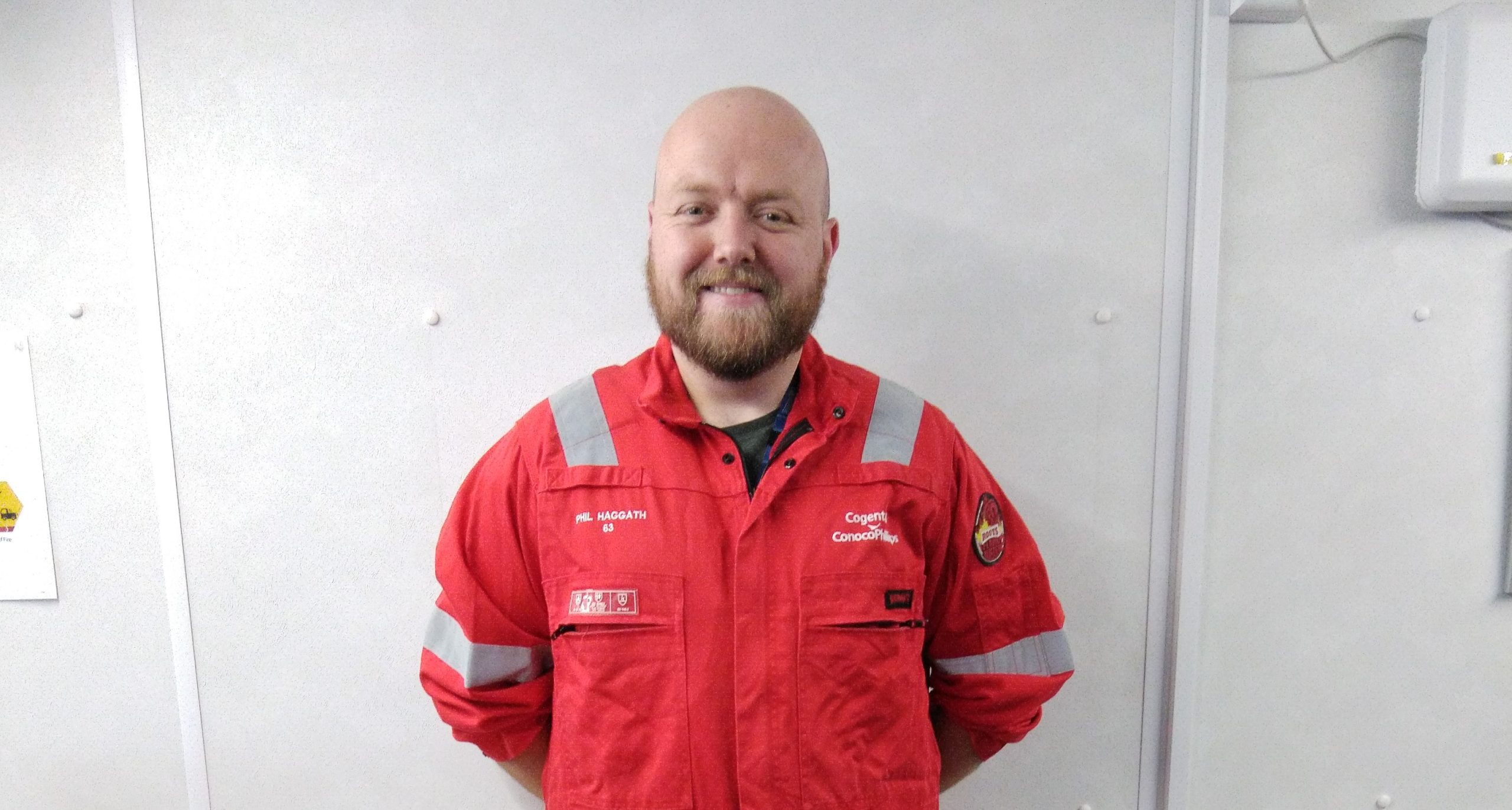Manufacturing and the science industry are interwoven and virtually indivisible, given how intrinsically important science is within the manufacturing process and how much manufacturing takes places within the science sector.
From pharmaceuticals to the chemical industry, a significant part of the activity these businesses are involved in is manufacturing of one sort of another – along with other important functions like research and development – meaning there is a high demand for technical and scientific skills across the workforce.
Science manufacturing plays a major role in the UK economy – it is home to almost half a million staff and nearly 9,000 businesses, of which more than 97 per cent are small of medium-sized enterprises (SMEs).
The latest data suggests science manufacturing accounts for nearly £130 billion each year, with gross value added (GVA) of £36.3 billion.
That amounts to GVA or more than £73,000 per employee, making this a hugely productive and valuable part of the economy.
At Cogent Skills we fully recognise how important manufacturing is across the science and technology sectors and we’re involved in a range of work to help ensure employers can access the skills they need across manufacturing.
In recent years we’ve facilitated the redevelopment of a number of popular science manufacturing standards – Level 2 Science Manufacturing Process Operative, Level 3 Science Manufacturing Technician and Level 3 Composites Technician – and created new Level 3 apprenticeships for Battery Manufacturing, Polymer Processing and a specific Process Industry Manufacturing Technician.
So as we mark this year’s National Manufacturing Day, let’s celebrate the contribution this crucial area makes to the UK and do all we can to ensuring employers and learners alike are equipped with the skills they need to help grow this part of the economy.
Over the next few weeks, we will be showcasing apprentices and their employers who have told us about their experiences, what happens internally when taking on apprentices and why the sector values their contribution.
We would like to thank for their support:





Graeme Conway (Apprentice Mentor, Conoco Phillips)
Eleanor King (Science Industry Maintenance Technician Apprentice, Conoco Phillips)
Jake Williams (Science Industry Maintenance Technician Apprentice, Conoco Phillips)
Phil Haggath (Science Industry Maintenance Technician Apprentice, Conoco Phillips)
Abigail Mussard (Science Manufacturing Technician Apprentice, CPI)
Tony Mills (Maintenance Manager, Fujifilm Disoyth Biotechnologies)
Louie Hall (Science Industry Maintenance Technician Apprentice, Fujifilm Disoyth Biotechnologies)
Ben Smith (Science Manufacturing Technician Apprentice, Fujifilm Disoyth Biotechnologies)
Cameron Bailey (Science Manufacturing Technician Apprentice GSK)
Rachel Higgins (HR Learning and Development Specialist, Seqens Custom Specialties)
Thomas Gregory (Science Manufacturing Technician Apprentice, Seqens Custom Specialties)
UK science manufacturing - facts and figures
• Approximately 495,569 employees* (source: Office for National Statistics: Labour Force Survey 4 Quarter Average, 2021)
• 8,785 businesses, 97.1% of which are SMEs (8,530) (source: Office for National Statistics: Business Population Estimates for the UK and Regions 2021)
• Total turnover of £127.5 billion per year and approximate GVA of £36.3 billion per year (source: Office for National Statistics: Annual Business Survey, 2021 results)
*Science manufacturing is defined using the following Standard Industrial Classification (SIC) codes:
• 19.2 Manufacture of refined petroleum products;
• 20 Manufacture of chemicals and chemical products;
• 21 Manufacture of basic pharmaceutical products and pharmaceutical preparations;
• 22 Manufacture of rubber and plastic products;
• 26.6 Manufacture of irradiation, electromedical and electrotherapeutic equipment;
• 32.5 Manufacture of medical and dental instruments and supplies.







